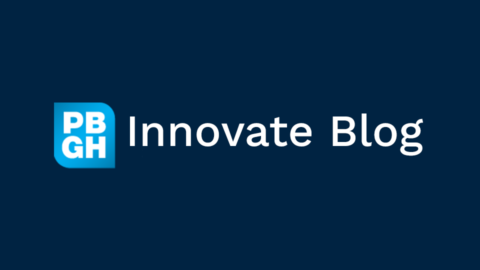Innovate Blog
A Vicious Circle: Food Insecurity Both a Cause and Effect of Higher Health Care Costs
More than 34 million people, including nine million children, lack reliable access to enough food to live active, healthy lives.

A CFO’s Guide to Health Plan Fiduciary Leadership
The Consolidated Appropriations Act (CAA) of 2021 mandates employer access to new and critically important insights into the prices they’re paying for employee health care services.

4 Key Employer Health Trends for 2023
With the pandemic’s grip finally easing, employers are shifting their focus toward key objectives that can support sustained improvements in health care quality and meaningful reductions in cost.

High Health Costs Hurting Employers’ Ability to Hire and Keep Workers
A new survey of U.S. employers underscores the widening damage done by rising health care costs. Nearly 75% of those surveyed say health care expenses are squeezing out salary and wage increases.

Top 5 Blogs of 2022
The PBGH Innovate Blog features articles written by PBGH and other experts about PBMs and drug-price reform, health care market consolidation and the high prices it brings, efforts to lower health care costs, expanding access to advanced primary care and more. Here, the top five blogs of 2022.

No Surprises Act Facing Continued Pressure from Providers
In the courtroom and in the field, provider interests are continuing their full-court press to undermine elements of the No Surprises Act, federal legislation enacted to shield patients, payers and purchasers from exorbitant and unexpected out-of-network medical bills.

Better Data Collection Essential to Understanding and Addressing Health Inequities
The ability to effectively collect a range of data points about patients and the care they receive is essential.

Telehealth Waiver for High-Deductible Health Plans Facing Uncertain Future
Without congressional action, employers will be required to charge employees more to access telehealth services, creating a barrier to care.

Midterms 2022: 6 Health Care Public Policies Employers Should Watch
Outlined here are six possible implications of the election that large employers and purchasers – who provide health benefits for more than half the country – should watch.

5 Lessons for Achieving High-Quality Virtual Care
A new report presents five lessons to support the long-term use of telehealth services as a tool to deliver high-quality virtual care.
